
Indonesia is currently facing a very critical situation. The wave of crisis affecting society is increasingly felt across various sectors. The soaring prices of basic necessities, the growing tax burdens—with some regional leaders raising taxes by more than 250%—inadequate wages, massive layoffs, unclear job status, and the lack of job opportunities have become the main triggers of public unrest. In addition, unresolved poverty alleviation efforts and recurring natural disasters are worsening the situation.
Public disappointment has peaked as they witness the stark gap between the lives of ordinary people and the ruling elite. Legislators are busy discussing allowance increases, while executive officials are entangled in large-scale corruption. Amid the people’s suffering, news emerged of officials receiving salary increases amounting to hundreds of millions of rupiah, along with luxurious facilities. Ironically, the performance of both parliament and government is considered lacking, overshadowed by massive corruption cases. Many draft bills remain unfinished, including the asset seizure law for corruptors, while controversial statements from certain members of parliament have further fueled public anger.
Furthermore, public dissatisfaction eventually erupted into waves of demonstrations in major Indonesian cities. Thousands of students, workers, farmers, online transport drivers, and civil society groups took to the streets demanding change and justice. However, what began as peaceful protests gradually turned heated.
Impact and Casualties
The wave of unrest has claimed significant casualties reported by humanitarian organizations; Unfortunately, more than 10 people dead from clashes, shootings, and fires. It is estimated that hundreds injured, requiring hospitalization. Furthermore, we count that material losses is reaching trillions of rupiah due to destruction of public facilities, etc. Regrettably, this situation has left deep trauma for society, especially for families who lost loved ones.
The Role of Youth in the Movement
In this critical situation, young people once again became the driving force of resistance. Students, pupils, and workers marched with posters, organized rallies, and voiced the aspirations of marginalized citizens. In many cities, youths initiated impromptu forums connecting workers, farmers, and civil society in a united struggle.
Their courage recalls the 1998 Reform movement, when young people also stood at the forefront. This time, they are not only demanding economic justice but also exposing the moral crisis among state officials. For them, the people’s voice must no longer be ignored.
The Shadow of 1998
Today’s crisis reminds many of 1998, when massive protests toppled the ruling regime. Just like now, people then were crushed by economic crisis, corruption, and failed leadership.
Now, the shadow of 1998 looms again. The difference lies in context: then, the crisis was triggered by the rupiah’s collapse; now, the people are burdened by economic injustice, high taxes, and widening inequality.
PPMP-YCW Indonesia Perspective
PPMP-YCW Indonesia, an international young workers’ movement, expressed its stance on the crisis. In its official statement, PPMP-YCW assessed that the crisis is the result of a skewed economic-political system, where workers’ interests are sacrificed for the elite’s profit.
The increase of officials’ salaries to hundreds of millions of rupiah, while people cry out in misery, is an insult to the nation’s dignity. Inappropriate statements from certain parliament members further highlight how far they are from the realities of ordinary people’s lives.
PPMP-YCW Indonesia emphasize the importance of solidarity among workers, laborers, and youth to fight structural injustice. According to them, the government has failed its mandate, and real change can only come from a united people’s movement. YCW also calls on protesters to maintain peace while firmly rejecting corruption, injustice, and oppressive policies.
The Role of Youth and Workers
YCW Indonesia stresses that youth, students, and workers are the vanguard of social justice. Their protests are a legitimate expression of deep disappointment at prevailing injustices. They are not only voicing economic demands but also affirming the need for systemic change that favors ordinary people.
PPMP-YCW Indonesia’s Position
-
Demands the government take concrete steps to control basic commodity prices, stop oppressive tax policies, and ensure decent wages.
-
Strongly condemns repressive actions by security forces that caused deaths and injuries. Security forces must protect, not oppress, the people.
-
Strongly condemns corruption by officials, demanding fair, transparent, and impartial legal processes.
-
Denounces officials’ salary increases amid people’s suffering and demands cancellation of the policy.
-
Urges youth and workers to uphold solidarity and fraternity, avoiding destructive actions that harm society.
-
Calls for structural changes in the political and economic system to prioritize workers’ interests, not elite gains.
On Looting and Violence
PPMP-YCW Indonesia understands that the looting of lawmakers’ homes and ensuing violence reflect the people’s uncontrollable anger. However, they stress that violence is not the solution. True struggle must come from collective awareness, solidarity, and organized action.
Conclusion
Today’s situation reminds us of the 1998 tragedy, when the people united against an oppressive regime. PPMP-YCW Indonesia believes that change can only come from the people’s courage to unite, rise, and fight for their rights.
PPMP-YCW Indonesia stands with the working people, reaffirming its commitment to fight injustice and declaring:
“Solidarity is our weapon, justice is our goal.”
Respectfully,
National Team of PPMP-YCW Indonesia

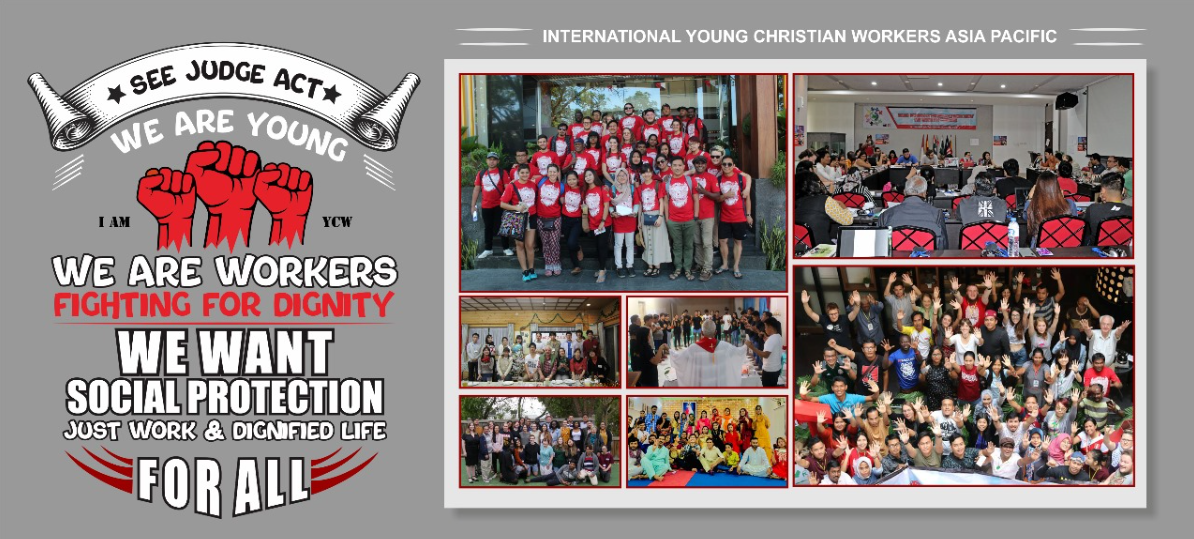
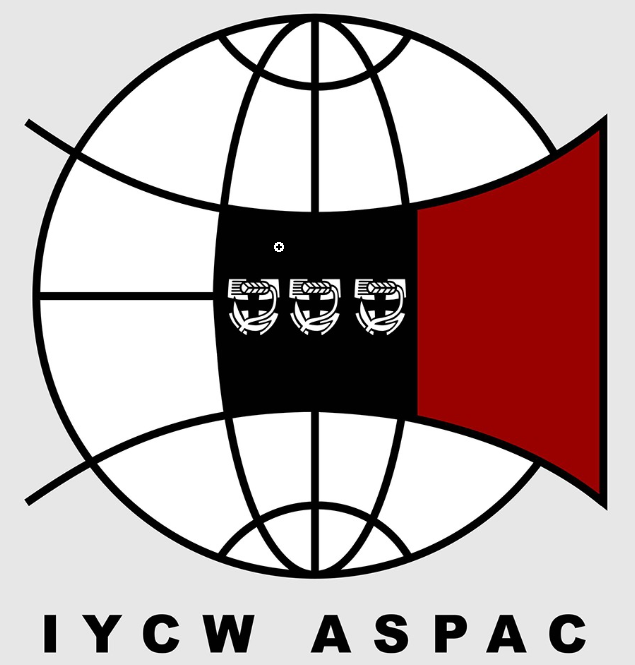

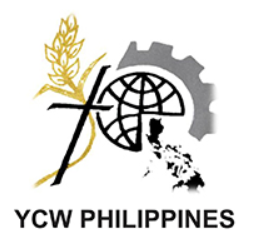
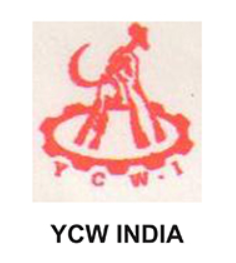
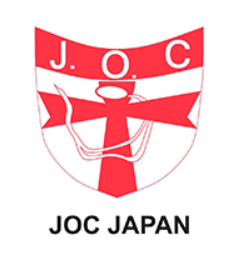
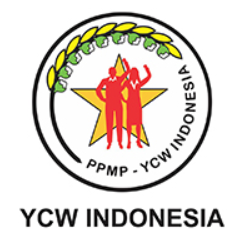
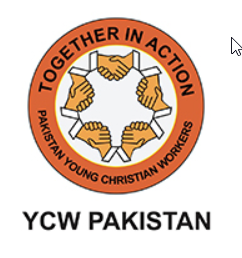
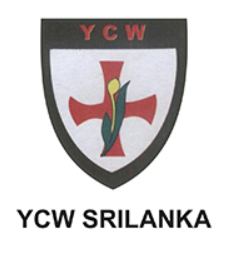
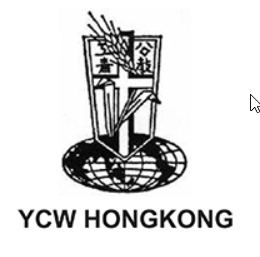

 English
English  Español
Español  Français
Français